Breathing deeply
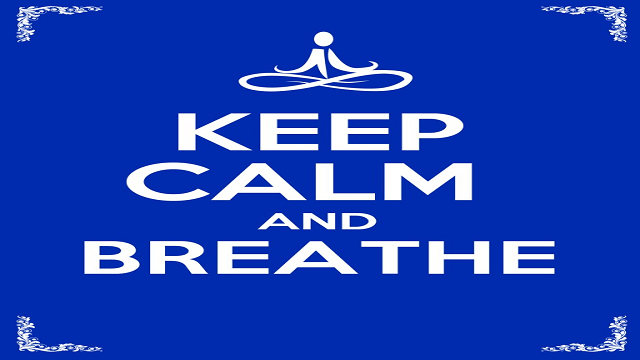 http://littlepearlpublishing.com/
http://littlepearlpublishing.com/ Taking a deep breath has been shown to lower cortisol levels, which can help reduce stress and anxiety.
Meditation
 http://redsunyoga.com/
http://redsunyoga.com/ The “mental silence” that goes along with meditation may have positive effects on stress by allowing your mind to relax. Hey, thinking is exhausting, take a meditation break.
Visualization
 juanosborne.com
juanosborne.com Visualizing a calm or peaceful scene may help reduce stress and ease anxiety by “tricking” the mind into a more relaxed state.
Self-hypnosis
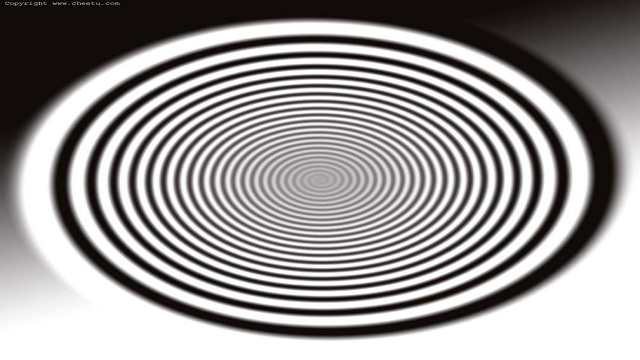 cheetu.com
cheetu.com Research suggests hypnosis can help reduce anxiety. Go ahead, give it a whirl. You have nothing to lose but stress.
Exercise
 anselm.edu
anselm.edu Not only does exercise provide a medium by which to channel your frustrations, but that post-exercise endorphin rush also helps to sharply cut stress.
Progressive Muscle Relaxation
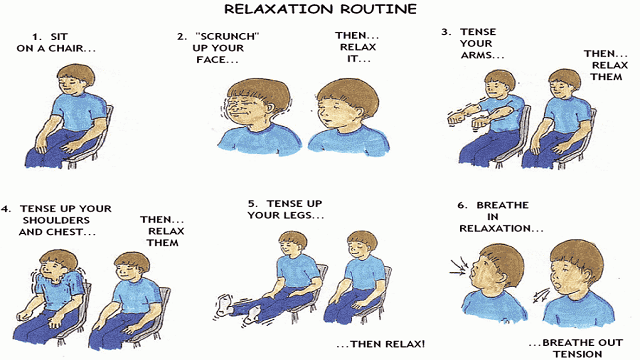 http://visuals.autism.net/
http://visuals.autism.net/ Through the action of tension and relaxing all your body’s muscle groups, you can relieve pent up tension thus reducing stress. You don’t even need any special training or equipment to do so. Just tense and then release each muscle group in the body.
Sex
 bubblews.com
bubblews.com Studies have shown sex can decrease the physical symptoms of stress, like a lower diastolic blood pressure.
Music
 musicback2stonewall.com
musicback2stonewall.com Research has shown that music can help relieve stress, from triggering biochemical stress reducers to helping patients deal with the stress associated with medical procedures.
Yoga
 http://nickdevore.com/
http://nickdevore.com/ The combination of deep breathing techniques and poses makes this activity a powerhouse against stress.
Turn off the TV
 http://2.bp.blogspot.com/
http://2.bp.blogspot.com/ Watching TV can induce stress. Limiting your time in front of the tube, does wonders for your stress management.
Take A Walk
 http://4.bp.blogspot.com/
http://4.bp.blogspot.com/ A quiet, meditative stroll can almost be miraculous for stress relief, especially when we step outdoors. The key is to walk at a slow steady pace.
Call A Friend
 http://jounghwanie.files.wordpress.com/
http://jounghwanie.files.wordpress.com/ In times of stress, the power of friendship, coupled with human contact, can make a world of difference.
Religion
 venturebeat.com
venturebeat.com Research shows that college students who practiced a religion were less stressed than their non-religious counterparts. And other research suggests religious people are less likely to experience stress-related mental illness.
Take A Break
 http://2.bp.blogspot.com/
http://2.bp.blogspot.com/ Getting stressed out can certainly wear you down, so why not take a break once in a while? This gives you some “breathing room” to relax and tackle the stressful situation with new energy. After all, you’re not a machine.
Bring out those scented candles
 www.wisegeek.com
www.wisegeek.com Studies suggest aromatherapy can be a good way to relieve stress. Certain aromas (like lavender) have been consistently shown to reduce stress levels.
Get A Massage
 funnyanimalvideos.com
funnyanimalvideos.com There’s nothing like getting tense muscles loosened up by knowing hands. Studies suggest massage may be beneficial for fighting stress. It may also help improve body image.
Get A Pet
 http://4.bp.blogspot.com/
http://4.bp.blogspot.com/ Dog owners have been shown to be less stressed out. Probably due to the companionship of a dog
Journal
 www.circlesoflearning.org.au
www.circlesoflearning.org.au Keeping a journal may be one way to effectively relieve stress-related symptoms due to its meditative and reflective effects. So pick a time every day to write down a few things about your day or about your feelings.
Sing or Dance
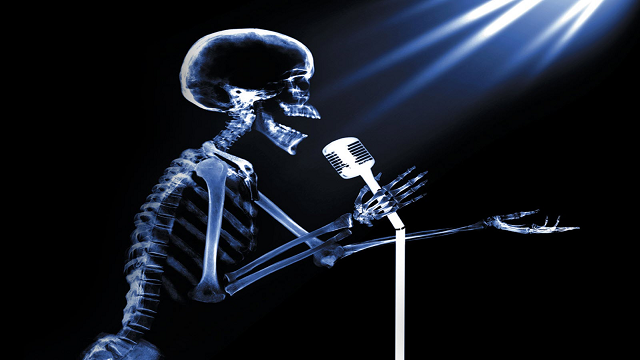 http://differentdegrees.files.wordpress.com/
http://differentdegrees.files.wordpress.com/ Two more great ways to vent. Karaoke anyone?
Something Funny
 http://magazine.liquida.it/
http://magazine.liquida.it/ Laughter can reduce the physical effects of stress (like fatigue) on the body. So watch something funny like a funny comedy show at your favorite comedy club.
Drink tea
 www.cozeeteas.com
www.cozeeteas.com One study found that drinking black tea leads to lower post-stress cortisol levels and greater feelings of relaxation.
Live without any technology even for one day
 lambtonshield.com
lambtonshield.com There are times when the stress you’re feeling is caused by the technology you’re using, such as your phone. Turn it off and put it down for the whole day and just lean back & relax. This can be done during weekends for a truly relaxing and rejuvenating weekend.
Chew gum
 www.mensfitness.com
www.mensfitness.com Studies suggest the act of chewing gum can reduce cortisol levels, helping to alleviate stress.
Take a nap
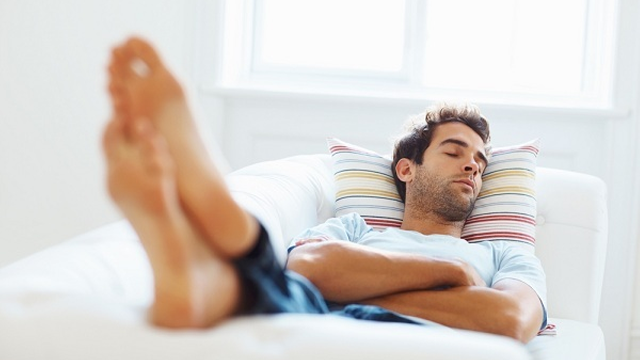 myclevermind.com
myclevermind.com Napping has been shown to reduce cortisol levels, which aids in stress relief.
Alone Time
 http://4.bp.blogspot.com/
http://4.bp.blogspot.com/ Being alone and away from everything that can induce stress is definitely one of the best ways to relieve yourself of it.



























